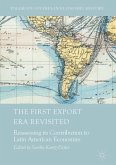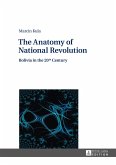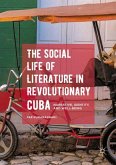The book interprets the Cuban revolutionary movement from 1868 to 1959 as a continuous process that sought political independence and social and economic transformation of colonial and neocolonial structures. Cuba is a symbol of hope for the Third World. The Cuban Revolution took power from a national elite subordinate to foreign capital, and placed it in the hands of the people; and it subsequently developed alternative structures of popular democracy that have functioned to keep delegates of the people in power. While Cuba has persisted, the peoples of the Third World, knocked down by the neoliberal project, have found social movement and political life, a renewal that is especially evident in Latin America and the Non-Aligned Movement. At the same time, the capitalist world-economy increasingly reveals its unsustainability, and the global elite demonstrate its incapacity to respond to a multifaceted and sustained global crisis. These dynamics establish conditions for populardemocratic socialist revolutions in the North.
Bitte wählen Sie Ihr Anliegen aus.
Rechnungen
Retourenschein anfordern
Bestellstatus
Storno








